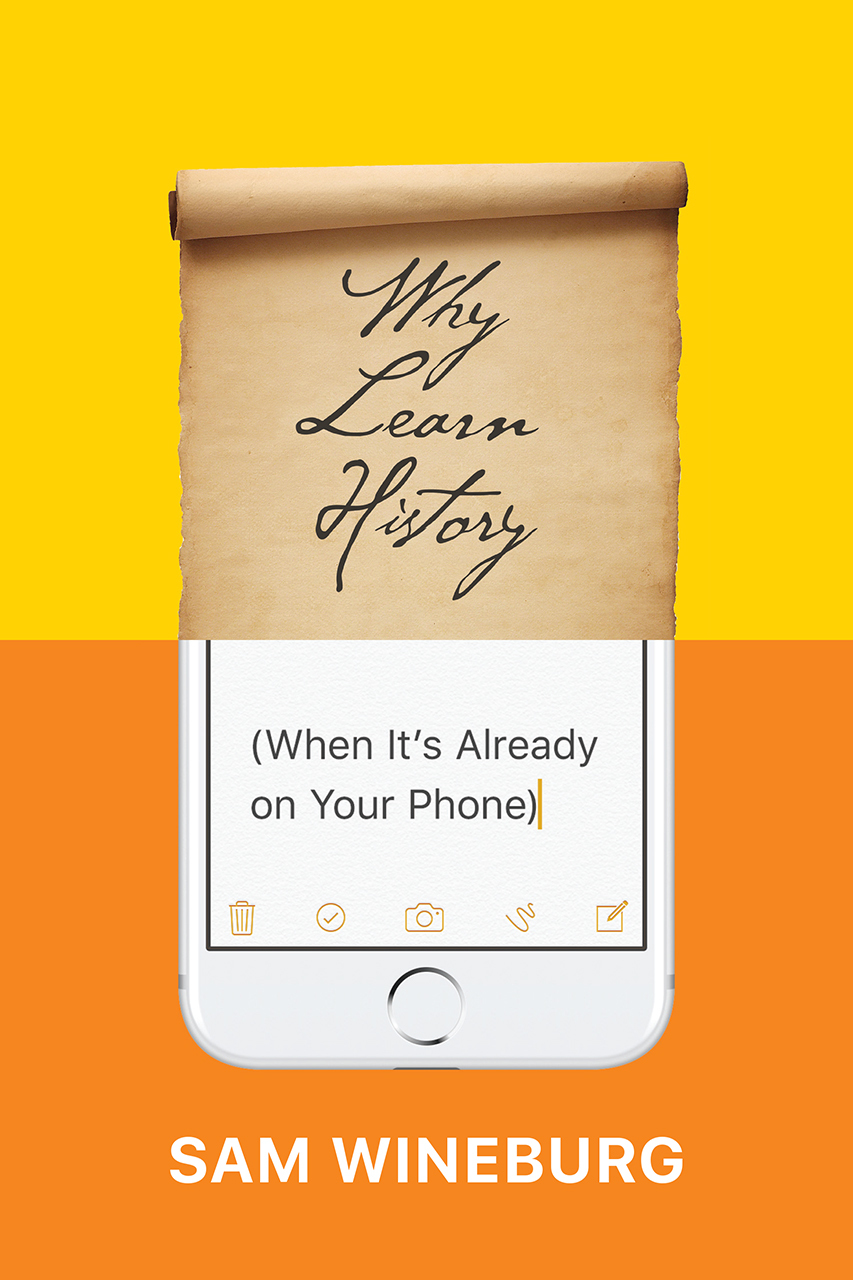What do you think?
Rate this book


250 pages, Paperback
First published September 17, 2018
History humbles us when it acquaints us with our ignorance. Even the most esteemed historian cannot possess the knowledge needed to reconstitute the past in every era and region. Yet the awareness that we cannot take at face value words from other times and places inspires a sobering caution. At its best, this caution cultivates respect for others, who may have spoken the same language as we do but meant something entirely different in doing so. Words, too, are steeped in history. Shorn of knowledge, we become caged by the present and turn the past into a faded and inferior copy of the world we already know. Our ignorance gladly issues invitations to stereotypes to fill in the gaps. These impostors are more than happy to oblige.